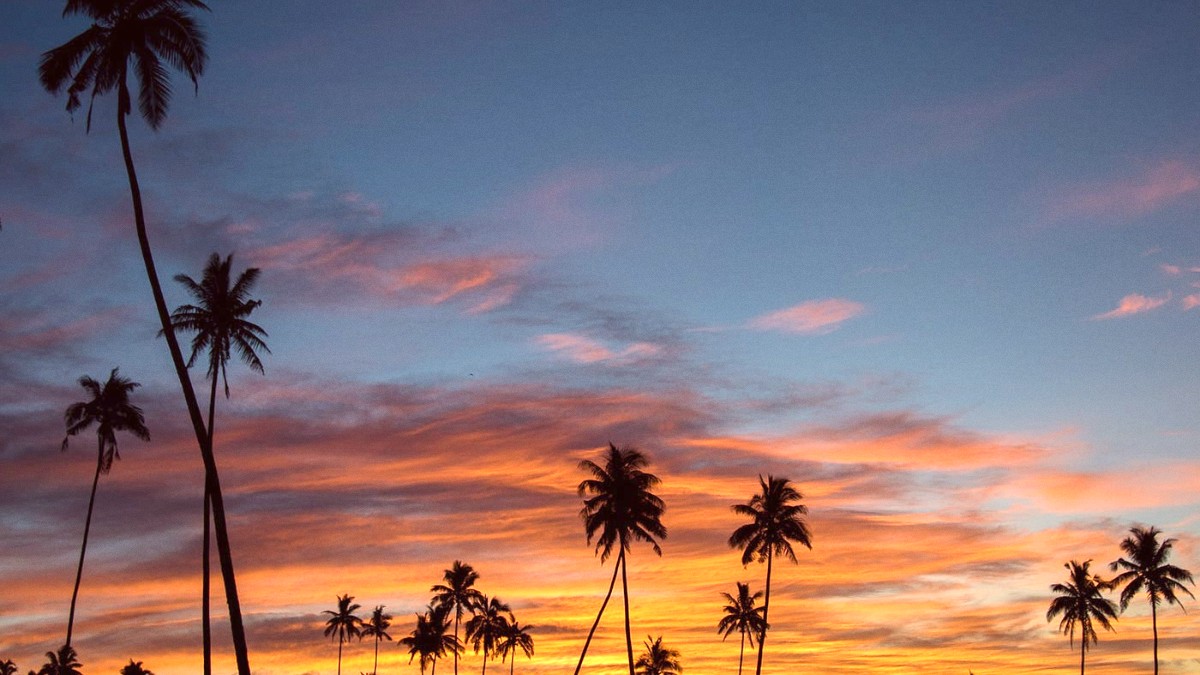
Viti Levu, Fiji
Colo-i-Suva Forest Park: A prime example of Fiji's conservation efforts. Stay on marked trails, no litter, respect nature. Observe wildlife from a distance.
Protecting Fiji's marine biodiversity (coral reefs, fish). Support tour operators who promote responsible snorkeling and diving; no touching coral or marine life.
Dispose of waste properly in bins. Recycling facilities limited. Reduce waste by using reusable water bottles and shopping bags. Mind water usage; take shorter showers, report leaks.
Cultural sensitivity a significant aspect of responsible travel in Fiji. Your interactions influence local communities.
Support local craftspeople by purchasing authentic, locally made products directly from markets. This sustains traditional skills and economic benefit to the community. Appreciate cultural performances as expression.
Mind privacy when photographing people, especially in residential areas or during sensitive events. Avoid intrusive photography. For street photography, candid moments from a distance.
Look for accommodation and tour operators that promote sustainable practices. Inquire about their environmental policies. This supports green tourism.
Your spending choices as a traveler directly influence the local community. Make choices that support fair practices and local livelihoods. Consider using services that carbon offset your travel, like Terrapass, or buying sustainable outdoor gear from Patagonia, or reusable products from Package Free Shop.
Your spending choices as a traveler a direct economic effect on the local community. Make choices that support fair practices and local livelihoods.
Support initiatives that directly benefit local communities. Inquire about tours and activities that are genuinely community-owned or operated. These initiatives channel a greater portion of revenue directly to the people who host you.
Dine at local restaurants, cafes, and street food stalls rather than only within your hotel. This diversifies your spending and supports local entrepreneurs. Opt for local tour operators and guides, as their intimate knowledge of the area and culture is high, and your fees directly their livelihoods.
Conscious choices are welcome.
Do not support activities that exploit people (e.g., child labor) or animals (e.g., irresponsible wildlife interactions). Research operators.
Be wary of informal 'guides' who pressure you into purchases. Stick to reputable, licensed guides and businesses.
Donate to established local charities, schools, or community projects rather than giving money directly to individuals. Research reputable organizations.